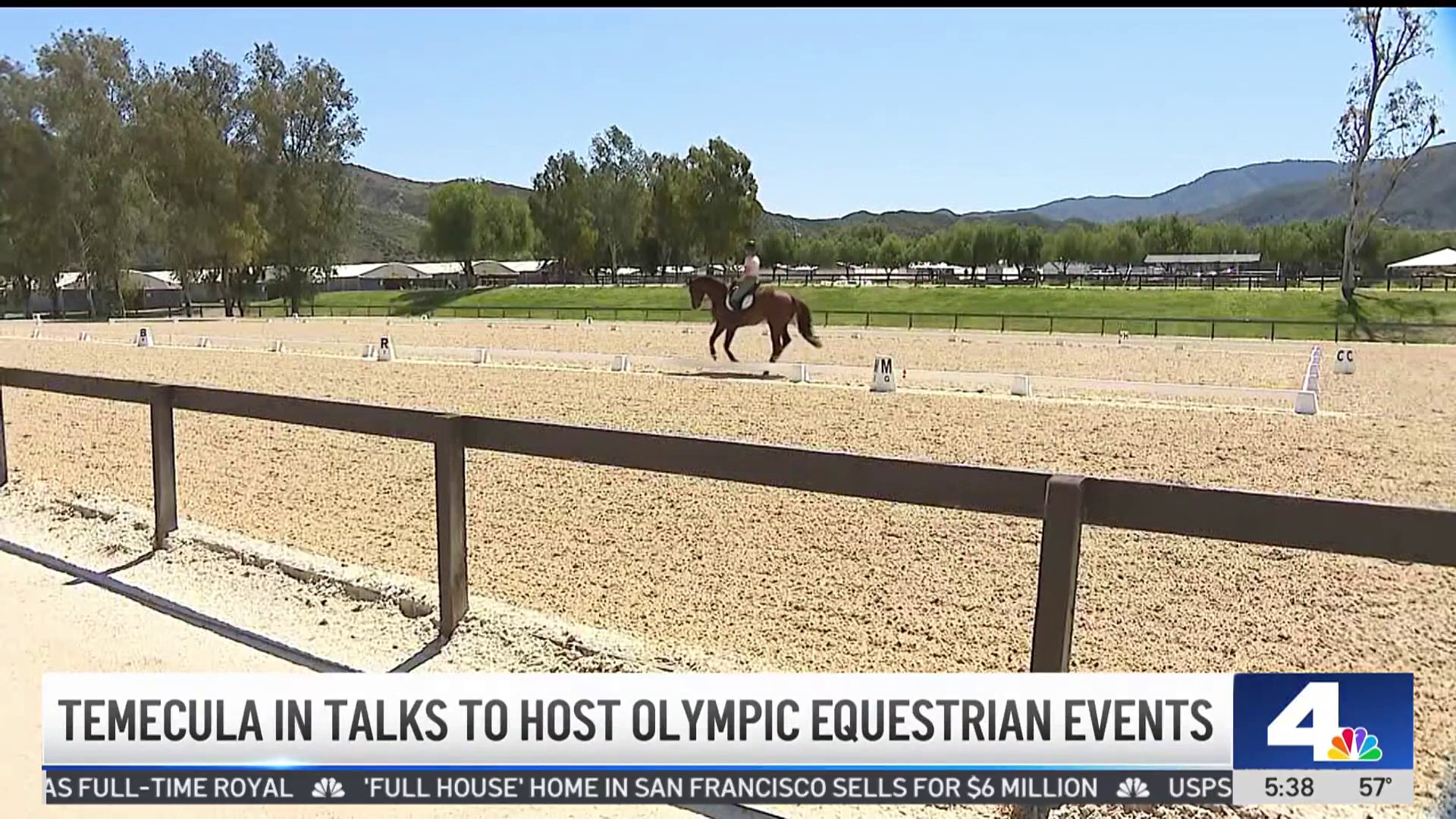Wednesday through Friday will be the warmest days of the week. We are expecting upper 80s and low 90s inland, but the marine layer will help to keep temperatures in check closer to downtown LA and the Coast.
Heavy early morning fog was quickly whisked away Tuesday morning as temperatures are expected to rise around the greater Los Angeles area.
Temperatures are expected to peak in the uppers 80s to low 90s in some regions starting late Tuesday morning through the end of Friday.
Stream Los Angeles News for free, 24/7, wherever you are.
While cities closer to the shoreline should experience high 60s throughout the week, Angelenos near downtown Los Angeles should expect closer to 82 degrees. Those temperatures extend to the San Gabriel Valley and San Bernardino Valley, where temperatures will approach the upper 80s.
The Inland Empire and Santa Clarita, San Fernando and Antelope valleys are anticipated to experience the highest temperatures with afternoon highs in the low 90s.
Get top local stories in Southern California delivered to you every morning with NBC LA's News Headlines newsletter.
Temperatures across the entire region are expected to peak on Thursday before starting to cool down on Friday.
NBCLA meteorologist David Biggar credits the rise to a high pressure jet stream peaking over the Pacific Northwest sending hot air down to SoCal.
"That's going to keep temperatures up as we go through tomorrow," Biggar said. "But we will get some relief for the weekend as outside airflow pressure pushes into the Pacific Northwest, dislodging the high."
By Saturday, temperatures should return to mid to low 70s in the LA basin with highs of 75 and 72 for Saturday and Sunday, respectively.
Staying safe in the heat
The rise in temperatures means an increased risked for heat-related illnesses, typically heat exhaustion or heat stroke.
Heat exhaustion symptoms include heavy sweating and a rapid pulse. If you feel yourself coming down with heat exhaustion, get to air conditioning quickly and drink lots of water to stay hydrated.
Heat stroke occurs when heat exhaustion is left untreated People experiencing heat stroke stop sweating entirely, and may lose consciousness. Seek help immediately by calling 911 if you or someone you know is experiencing heat stroke.
Here are some tips to avoid heat-related illnesses:
- Stay hydrated. The more hydrated you are, the more effective your body will be at keeping you cool. Drink water – not fizzy and alcoholic drinks, which will dehydrate you.
- Avoid exercise in the middle of the day. If you need to exercise outside, do it early in the morning when the temperature is lower.
- Wear lightweight, light-colored natural fabrics like cotton and linen, as these will help your skin breathe and let your sweat evaporate, cooling you down.
- We sweat around half a pint daily from both feet, so if you can, wear sandals or flip-flops to let your foot sweat evaporate.
- Use a fan to circulate air from open windows. Keep your blinds or curtains drawn during the day, so your home doesn’t heat up while you’re out. Turn off big appliances and help prevent brown-outs!
- To cool down quickly, run your wrists under a cold tap or keep a water spray in the fridge for a quick cooling spritz to the face.
- Keep some wet wipes in your bag so you can freshen up your hands, face and neck if you get hot or clammy.
- Want to stay cool at night? One way is to wash your feet in cool water or take a cold shower before bedtime – especially if you get hot during the night or have hot sweats.
- To cool down in bed, try keeping your pillowcase or sheets in a plastic bag in the fridge during the day. Put them back on the bed at night. The fabric will stay cool when you’re trying to get to sleep.
- And bring your pets in and make sure they have shade and water.
- Be prepared for power outages and know where cooling centers are.



